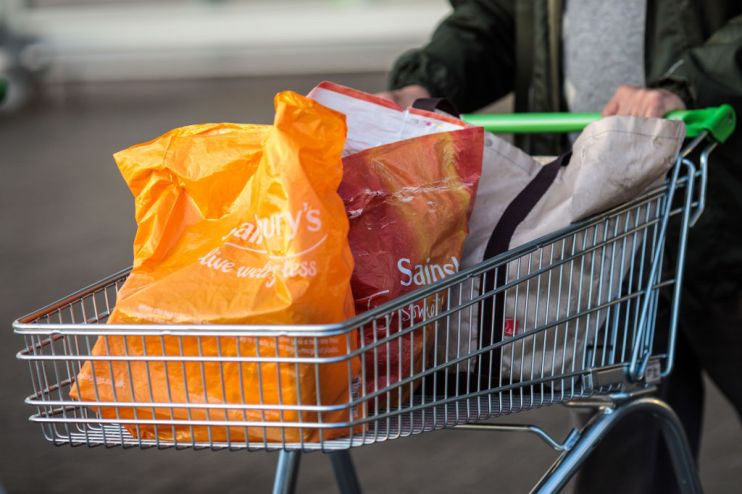Stockpiling: Shoppers buying ‘a few extra items’ driving shelf shortages

Empty supermarket shelves have been caused by customers adding an extra few items to their baskets and making more trips rather than stockpiling, according to the latest data.
The average spend per supermarket trip jumped 16 per cent in the week ending 17 March to £22.13 compared to the same week a month ago.
Meanwhile, an additional 15m supermarket visits were made in the week ending 17 March compared to the previous month. Shoppers are also buying more of certain products, putting pressure on supplies.
Sales of toilet roll rose 60 per cent in the week ending 8 March, dry pasta sales were up 55 per cent and baked beans increased by 48 per cent.
Fraser McKevitt, head of retail and consumer insight at Kantar, says: “Most of us have seen images circulating online of people bulk buying products like toilet rolls and pasta, but our data gives us a different, if counterintuitive, diagnosis of what’s happening.
“Ultimately we need to look at the empirical evidence and it tells us that temporary shortages are being caused by people adding just a few extra items and shopping more often – behaviour that consumers wouldn’t necessarily think of as stockpiling.
“People will also be eating in more as a result of social distancing and increased working from home. Consumers spend more than £4 billion each month on food and drink out of the home, a significant proportion of which will now be channelled through the supermarkets.”
Supermarkets took 51 per cent of all retail sales, an increase of seven percentage points compared to mid-February.
Health and beauty stores, bargain retailers and convenience stores also reported a jump in sales, with trips increasing month-on-month by 25 per cent, 29 per cent and 19 per cent respectively.